Over the years, China and the U.S. have had a somewhat difficult relationship. However, under the Biden administration, this relationship has been calmer over the last few years.
Despite this, tensions have started to rise again after China started cutting ties with a record number of U.S. treasuries, with these agency debt bonds worth $53.3 billion. The reason could be Donald Trump potentially becoming U.S. President again.
What Are U.S. Treasuries?

U.S. treasuries are government debt securities issued by the federal government. They are at a fixed rate and accrue interest over time. These are considered lower-risk investments.
Treasuries make up a large proportion of U.S. sovereign debt, which are extremely low-risk as the government can raise taxes or increase revenue to make payments. In short, China is decreasing the amount it is investing into American debt.
The Confusion of China’s Economy
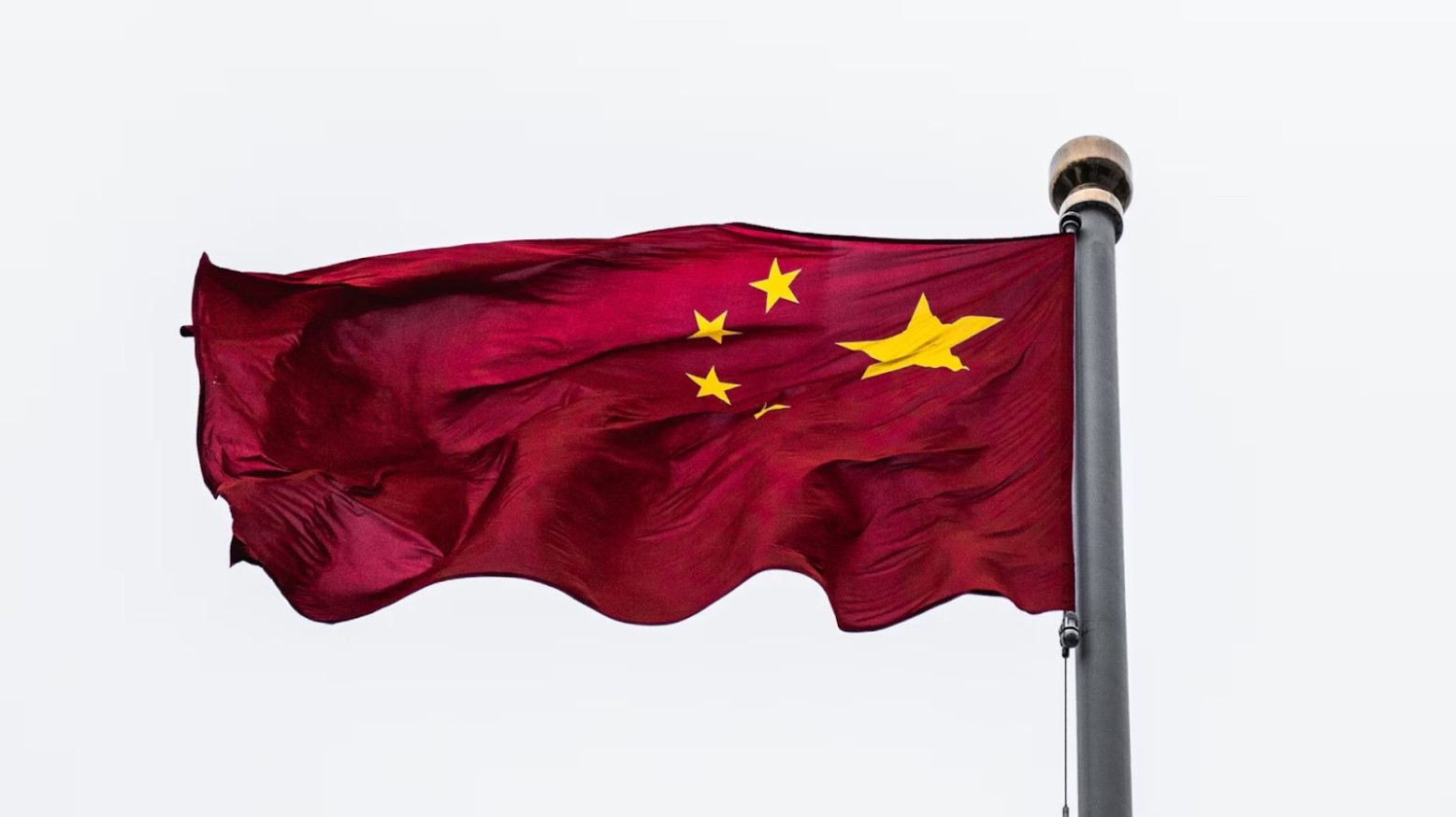
Right now, China’s economy is in a very confusing situation. It is currently on a downward spiral, with a slowing property market and challenges with manufacturing goods.
Investors and economists are now trying to examine what is happening in China a bit more closely to attempt to figure out what will happen next and whether it is just temporary or if it will have a deeper impact on the rest of the world.
China Is the World’s Largest Holder of Foreign Exchange Reserves
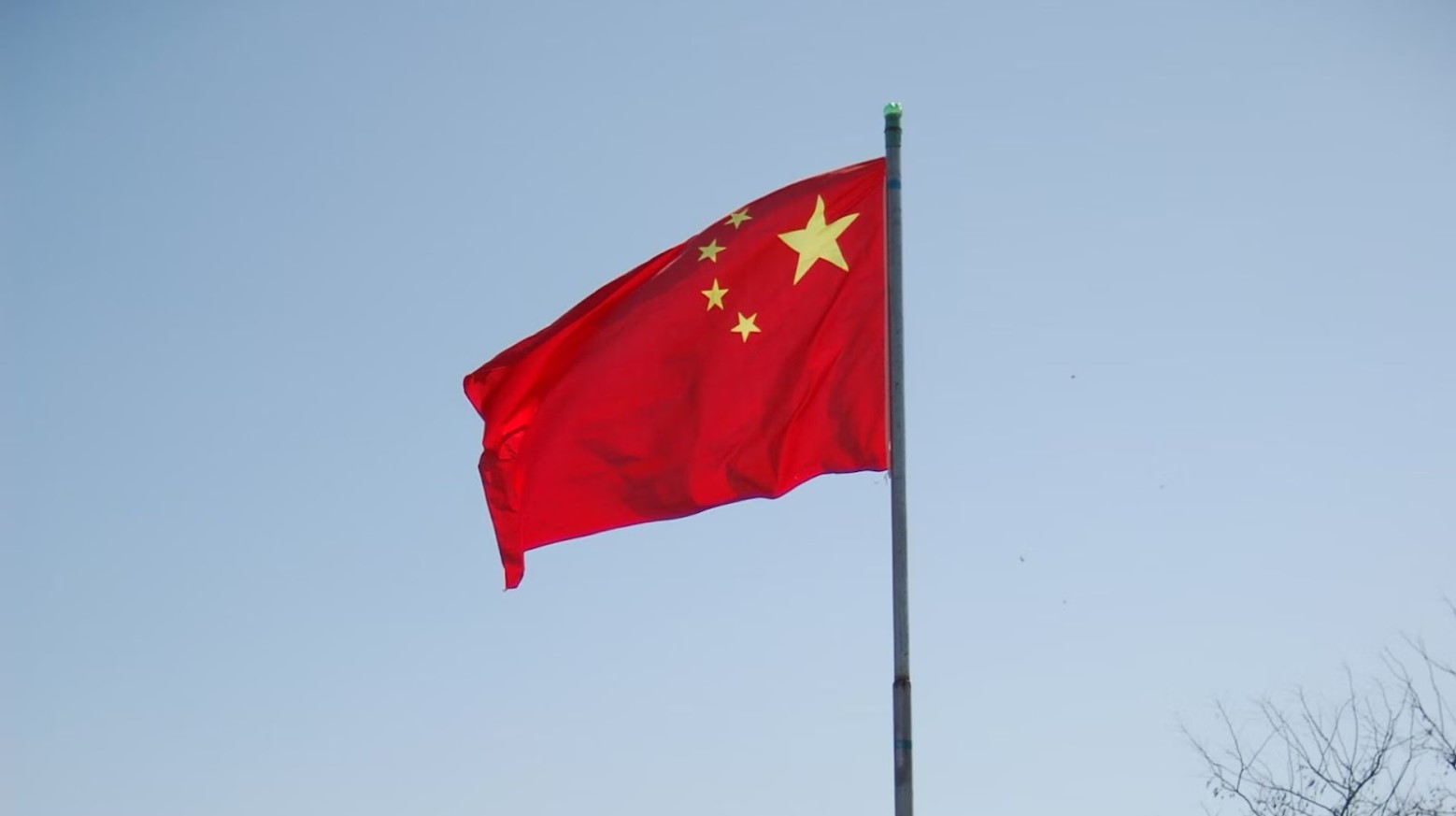
As of April 2024, China has foreign exchange reserves worth $3.2 trillion. While which specific currencies add up to this aren’t exactly known, it is estimated that around 60% of these are U.S. dollars.
However, in the first quarter of 2024, China’s stash of U.S. treasuries and agency bonds fell to just under $40 billion and $10 billion, respectively.
China’s Central Bank Is Also Suffering
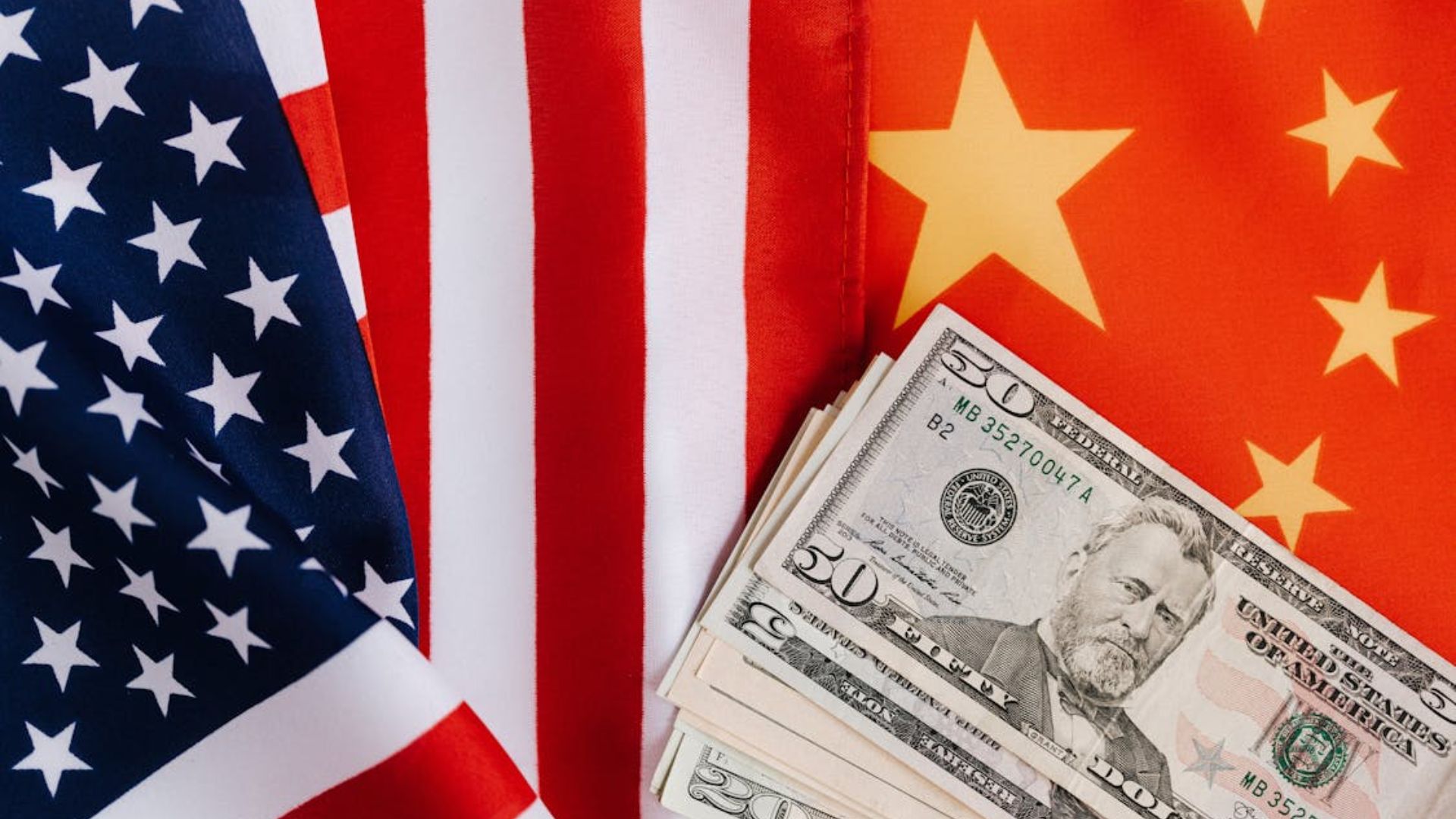
The U.S. is not the only central bank facing problems. Yields in Chinese government bonds have plummeted and the government has not managed to reverse this trend.
The People’s Bank of China has said it will add treasury bond trading to its monetary policy arsenal. The dilemma China faces is essentially meeting ambitious growth targets while maintaining financial stability as debt has bolstered the country’s growth.
Foreign Exchange Reserves Support a Country’s Currency

Foreign exchange reserves are foreign currencies held in a central bank or assets that are denominated in foreign currencies.
These are important to central banks in order to buffer your domestic currency against the political shifts and economic shocks. China’s dropping of US foreign exchange reserves essentially means that they are not using as many US dollars to bolster the Chinese Yuan.
Japan Is the Largest Foreign Holder of U.S. Treasuries

Another significant piece of data is that Japan is currently the largest foreign holder of U.S. treasuries, holding $1.1 trillion, which grew by $51.4 billion in the first quarter of 2024.
As China and Japan sit on different ends of the global geopolitical spectrum, these numbers are significant. There is still some confusion as to why China’s number has gone down so much. While it could be because the country is losing money, it could also be because it has decided not to reinvest these bonds.
Tensions Around Trade Are Rising Between The Two Countries
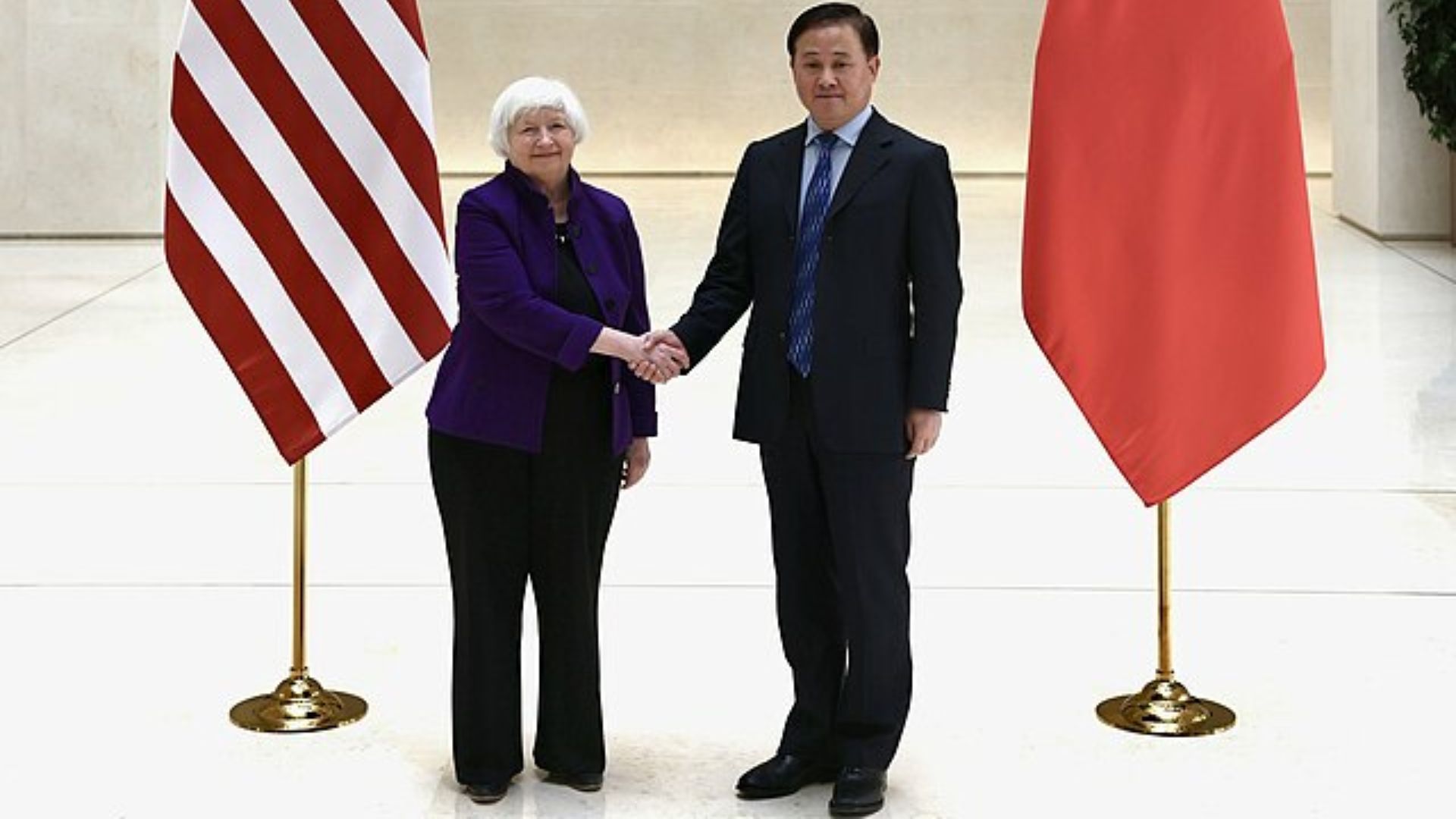
U.S. Treasury Secretary, Janet Yellen, visited Beijing in April to discuss a variety of concerns surrounding trade between the U.S. and China.
Current issues between the two countries include China’s subsidized production of renewable energy infrastructure (such as electric vehicles, solar products, and lithium-ion batteries), protection against money laundering, and financial stability in the event of a bank failure. The two countries’ intentions towards trading with Taiwan has been particularly volatile.
Escalation in Taiwan Is Not Helping Trade Tensions
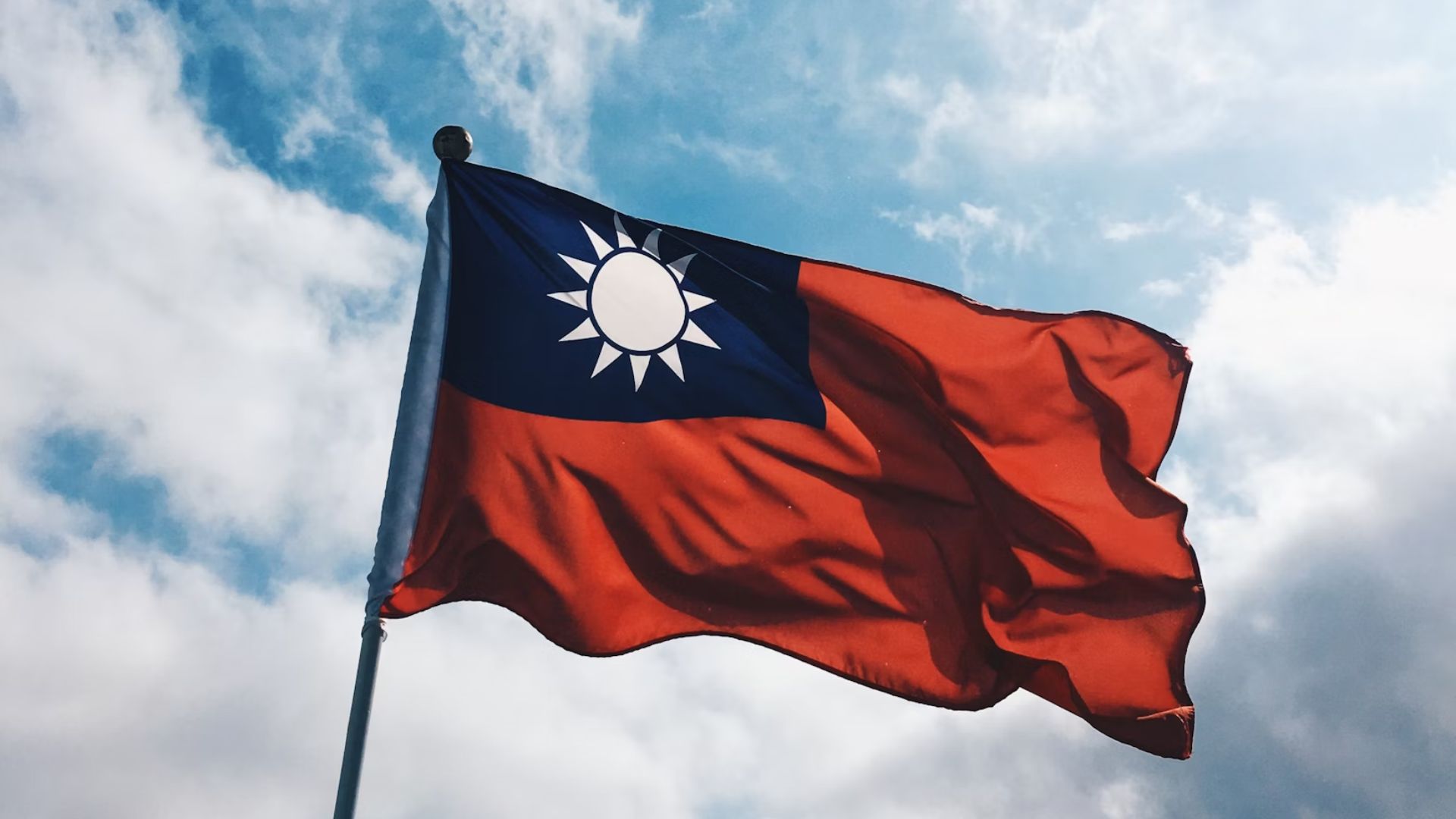
In June, China’s President Xi Jinping said the U.S. wanted to goad Beijing into attacking Taiwan in a meeting with Ursula von der Leyen, president of the European Commission.
Since that comment was made, the U.S House has passed $550 million in military aid to Taiwan. With speculations around conflict between China and the U.S. through Taiwan, is it any wonder that China is cutting economic ties?
China Is Strengthening Its Financial Portfolio
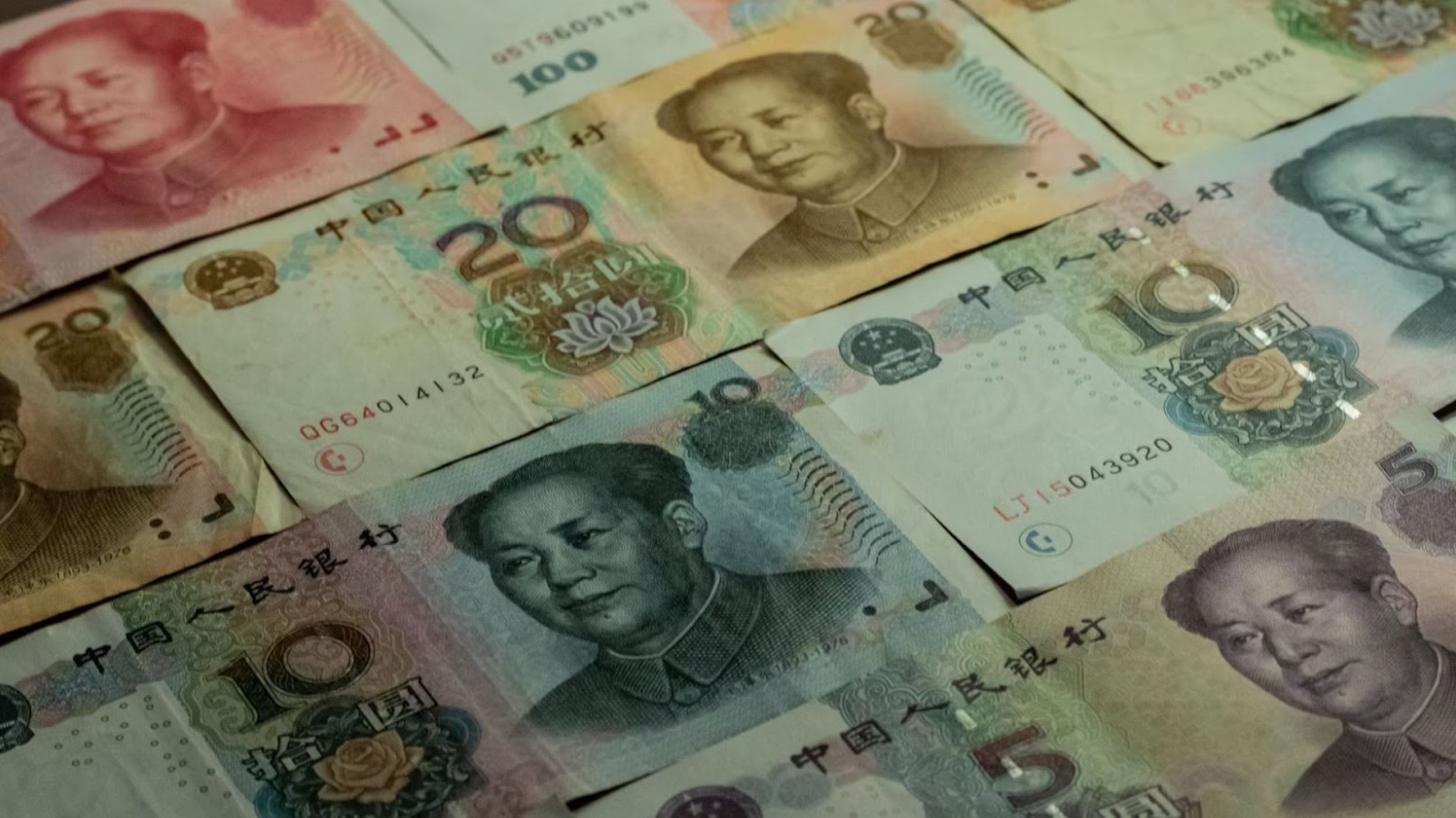
As it seems that China is moving away from its financial ties to the U.S., it is looking to strengthen its financial portfolio with other countries from all over the world.
This has been seen as a strategic tactic by China, and while it could potentially benefit China in the long run, the results for the U.S. could be catastrophic.
China Is Turning to Lower-Risk Assets

While China is shedding its economy of U.S. debt securities, it is turning to a reserve asset that carries significantly less risk: gold.
FX Street reported that the People’s Bank of China has added over 300 tons of gold to its reserves since October 2022. As opposed to debt securities where one party might not follow through on their side of the agreement, gold has virtually no counterparty risk.
China’s Government Bonds Are Not Performing Well
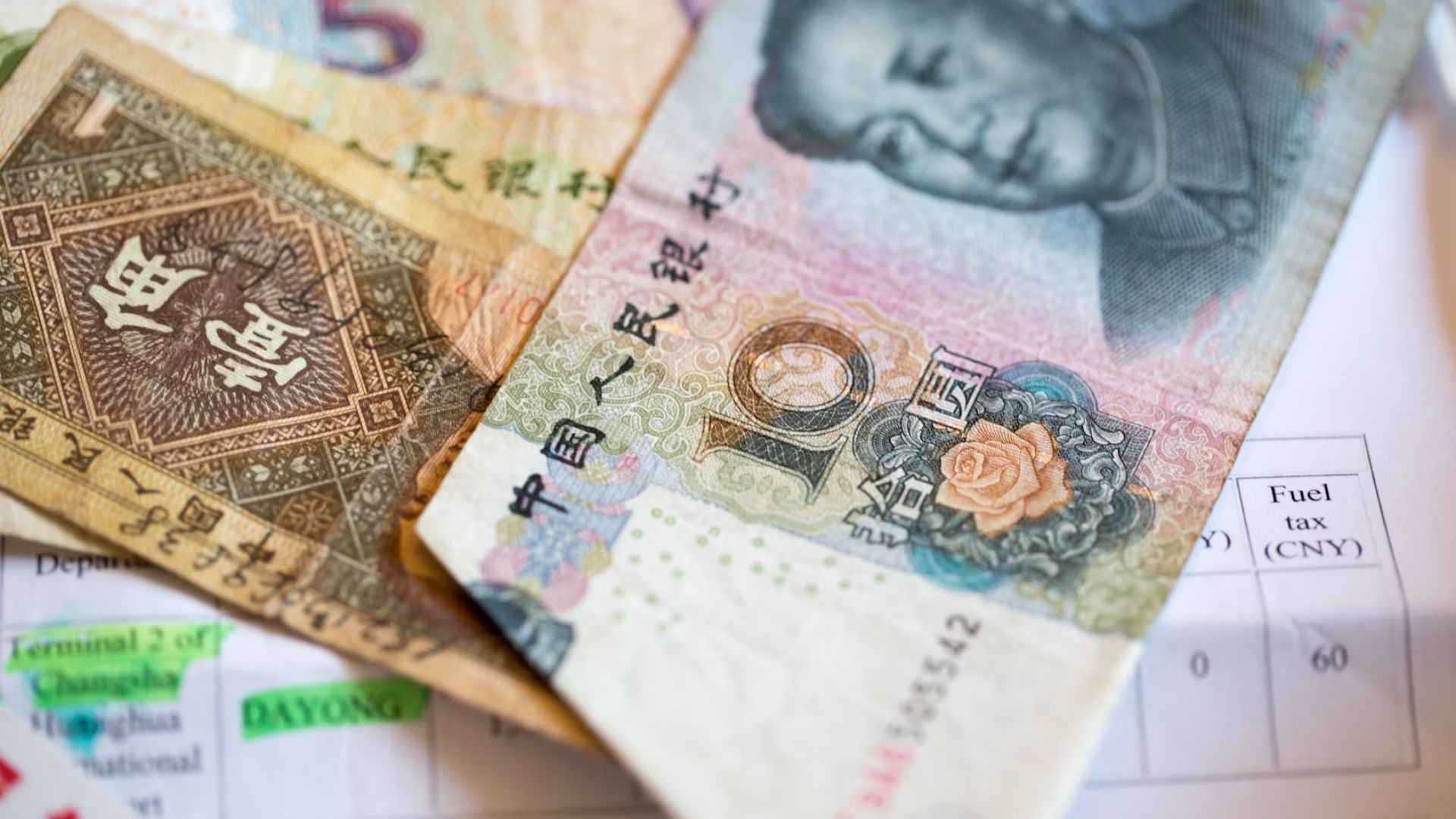
The return on Chinese government bonds are uninspiring for investors to the point that State Street Global Advisors (SSGA) will close its SPDR Bloomberg China Treasury Bond UCITS ETF on July 5.
This has been the situation for Chinese bonds since China was included in global indices. The SSGA’s shareholder stated: “The board do not believe that [the yields] will increase materially in the near future and the fund is uneconomic to operate.”
Minimizing the Impact of Geopolitics on Assets

By putting all or most of its assets into one country, China is in a tricky geopolitical situation.
Should a situation arise in the U.S., China will be expected to help them due to its financial interests. By spreading these assets across other countries worldwide, it minimizes the effect of geopolitics on them.
Concerns Over Security and Interest Rates

One of the main issues that China is currently having with the U.S. is concerns regarding security and interest rates. The security part is due to the U.S. presidential election in November 2024, where there is the potential for Trump to get back into office.
Then there is the issue of interest rates. Everyone wants to make the most of their money, which they can do when interest rates are high. But if interest rates are low, they don’t make much back in return, so they tend to look elsewhere for higher interest rates.
The Impact on Wall Street

Before it moved its financial portfolio elsewhere, China had begun offering other countries financial deals to help them get out of debt.
However, some, particularly on Wall Street, have argued that these deals aren’t in the best interests of these countries. This is especially true as countries in the West have been the leading force when it comes to these debts for many years.
China Has Set Out Several Debt-Restructuring Deal With Other Countries

The most recent countries in China’s roster of debt-restructuring programs have been Sri Lanka and Zambia. As a debt crisis is sweeping the globe, with many countries defaulting, China is starting to play a pivotal role as a bilateral creditor.
Ghana is yet to finalize an official debt-restructuring agreement with China but the trend seems to point to China extending payment periods on countries’ debts without reducing the principal amount owed.
The Big U.S. Borrowing Spree

China’s shedding of U.S. debt poses a big problem for the U.S. Treasury. If China, along with the BRICS nations are pulling back from the U.S. dollar, the Treasury has to re-think who it will borrow from in the future.
Foreign investors account for around a third of U.S. treasuries and 35% of all domestically held U.S. treasuries are called by the Federal Reserve Bank, which is currently out of the market.
BRICS Countries Are Offloading U.S. Treasuries

China isn’t the only country offloading its U.S. treasuries. There has been a trend of BRICS countries doing this very thing since 2022.
These countries are Brazil, Russia, India and South Africa. They have all been doing this to diversify their reserves and reduce their dependence on the U.S. dollar.
De-Dollarization Or a Debt Spring Clean?
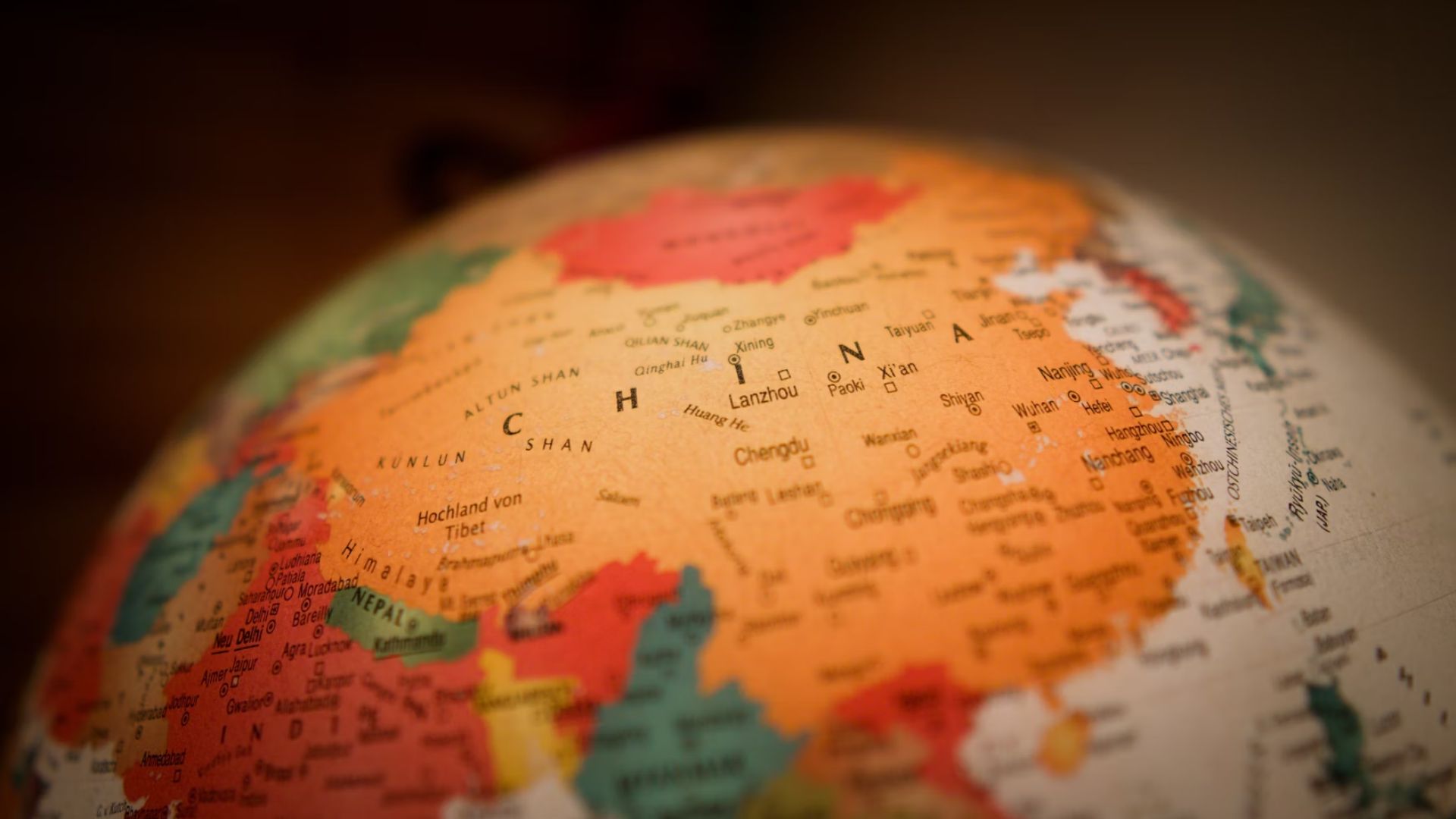
Given the increasing tension with the U.S. around trade, there is concern that China’s offloading of U.S. treasuries could be a deliberate move to devalue the U.S. dollar.
Belgium is often custodian to China’s debt holdings and is reported to have disposed of more than $20 billion of treasuries in the first quarter of this year. On the other hand, this may just be the routine debt re-management of an economic powerhouse.
The U.S. Has a High Amount of Debt

It isn’t a coincidence that all of these countries offloaded their reserves in U.S. treasuries around the same time. Part of this reason is the U.S.’s high debt.
By the end of 2023, the U.S. debt stood at $34.4 trillion. Due to this figure, countries that have financial interests in the U.S. want to pull out so they don’t get caught up in this debt.
Major Tariffs on Chinese Products

The U.S. seems to be getting tougher on China, as it has imposed higher tariffs on Chinese products, especially on Chinese electric vehicles (EVs).
Other Chinese-made products subject to higher tariffs include advanced batteries, solar cells, steel, aluminum and medical equipment.
China Is Struggling Against The Dollar
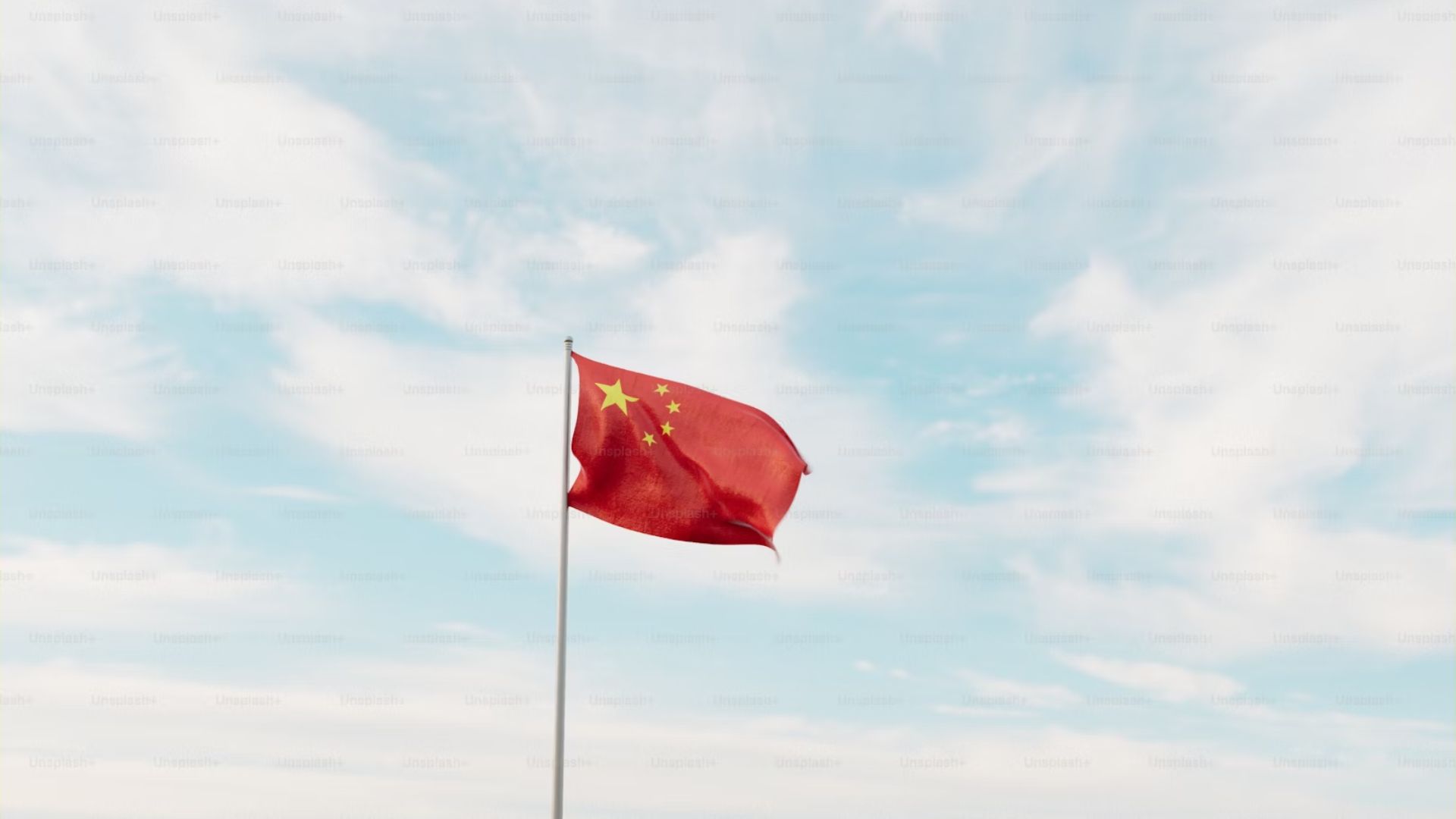
While concerns around the dollar are looming and the BRICS nations are starting to shed their dependence on it, China’s yuan is not in its best shape.
The yuan is currently trading at a seven-month low against the dollar. The yuan has depreciated by 0.2% against the dollar this month and 2.1% overall this year. Alongside yield gaps compared to US government bonds, China has monetary issues in its own backyard.
Impact on the U.S.

China previously held one of the biggest holdings in U.S. treasuries and agency bonds, which has raised concerns about how this will affect the U.S. economy.
However, there is likely no need to panic. As the combined holdings of Europe and Japan are bigger than China’s, there is hope that the impact won’t be too big on the U.S. and that everything can carry on as somewhat normal.
Wall Street Is Looking to Replace Trade with China

This fall in Chinese investment in the U.S. has not gone unnoticed by Wall Street. According to Reuters, this has western banks desperate to find new businesses ventures that will compensate for China’s withdrawal.
Alternative countries may be South Korea and India, and perhaps Australia, given that revenue has been has held up well. Whether this would replace Chinese investment does not seem likely due to the lack of market scale.

